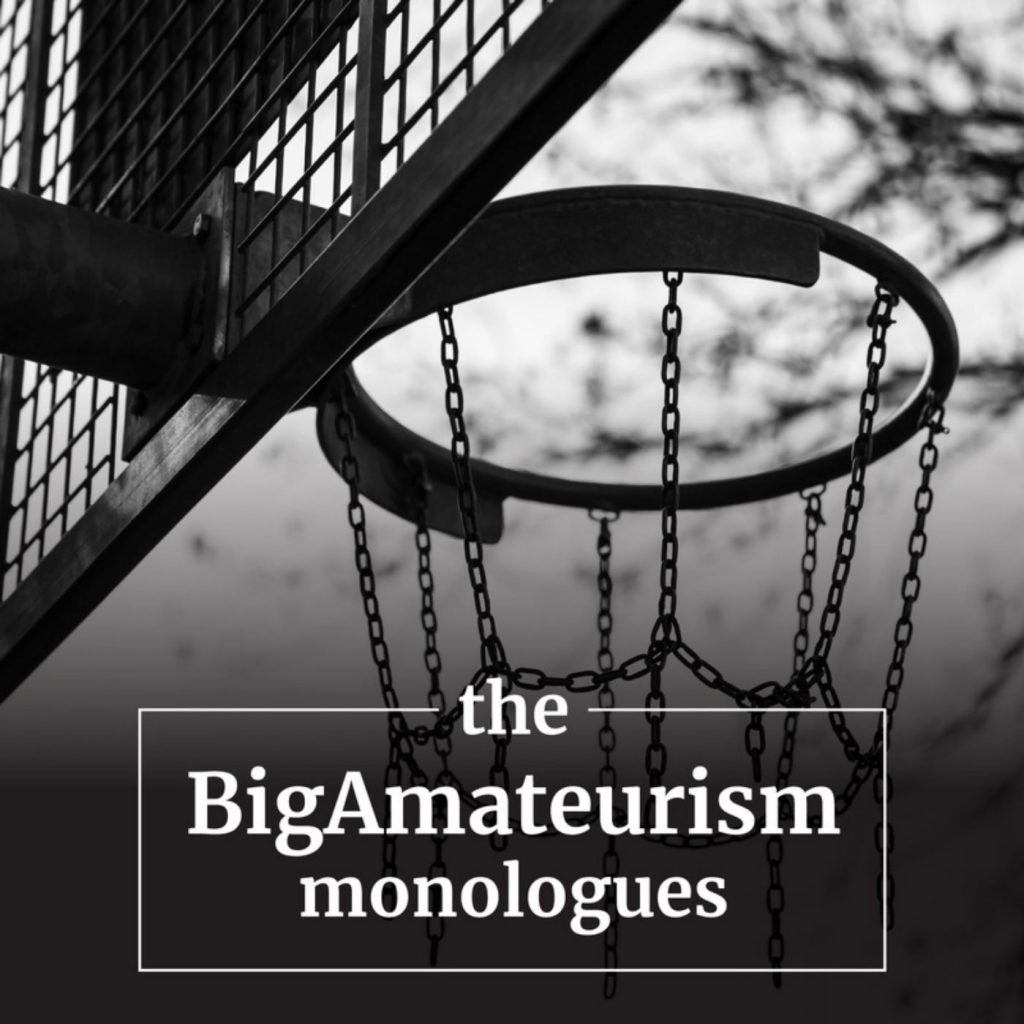Episodes
In September, the NCAA declared Virginia Tech football player Alan Tisdale ineligible for most of the football season. Tisdale’s crime? He placed a series of bets on NBA games through FanDuel’s popular sports betting app. The bets totaled $400; most were only a dollar or two. Tisdale is over 21 and placed the bets in Virginia, which legalized sports gambling. While watching a preseason PowerPoint presentation on NCAA rules, Tisdale saw a slide on impermissible betting that used the FanDuel logo. Unaware that his bets may violate NCAA rules, Tisdale told his head coach that he had placed bets on NBA games through FanDuel. The head coach alerted compliance and Virginia Tech self-reported Tisdale’s betting to the NCAA. Neither the head coach nor the compliance director viewed Tisdale’s wagering as a big deal, yet fully complied with NCAA self-reporting protocols. The NCAA responded by declaring Tisdale ineligible under the NCAA’s “zero tolerance” policy on betting. Virginia Tech appealed the NCAA’s decision, and the NCAA restored Tisdale’s eligibility after the season was halfway over. This episode addresses the profound hypocrisy of the NCAA’s decision. While the NCAA punishes athletes like Tisdale for innocuous betting, it is in bed with the sports gambling industry. Since 2018, when states could enter the sports gambling space, the NCAA and P5 have been engaged in a sophisticated stealth campaign to normalize college sports betting so they can capitalize on the growing multi-billion-dollar college sports gambling industry.
Voters have reduced the mid-term red wave to a purple trickle. Gone is any claim of a Republican mandate and a potential power play to end the athletes’ rights movement through a bill like Roger Wicker’s (R-MS) “Collegiate Athlete Compensation Rights Act.” In this episode, I think out loud about what the short-term lay of the land may be for congressional intervention on athletes’ rights issues. Is this an inflection point for the Power 5? Can they continue to tread water until 2024 under false prophecies of the impending death of college sports? Will the SEC and Big Ten be open to a more honest relationship with the laborers in football and men’s basketball? Many questions, few easy answers.
This episode takes a quick look at several issues that have popped up over the last couple of weeks. These issues are relevant to the P5’s/NCAA’s relentless quest for a historic congressional power grab. First, I look at what’s happening in the Johnson suit in the 3rd Circuit. In Johnson, athletes claim they are employees under the Fair Labor Standards Act. The 3rd Circuit will decide that single issue. The court has scheduled oral argument for 12/15/22. I expect a decision in May or June 2023. I also look at Senator Roger Wicker’s (R-MS) rerelease of his “Collegiate Athlete Compensation Rights Act” in connection with an interview he gave on October 3rd to Sportico legal analyst Michael McCann. That issue leads into a discussion of Senator Tommy Tuberville’s (R-AL) race-baiting comments at a political rally in Nevada on October 8th. Finally, I look at Marco Rubio’s hypocrisy on antitrust immunities in a comparison of Rubio’s stance on the 568 Exemption and his college sports bill from June 2020, which contains a broad antitrust exemption for the NCAA and Power 5.
Resources:
“Sen. Wicker Wary of NCAA Power in Path for Post-Midterm NIL Deal” (Michael McCann, Sportico; October 3rd, 2022; interview in link)
“Tommy Tuberville made $25 million off Black men. God forbid they get anything back.” (Andrew Lawrence, The Guardian; October 12th, 2022)
Sens. Marco Rubio (R-FL)/Mike Lee (R-UT) joint statement on 568 Antitrust Exemption (August 22, 2022)
Sen. Rubio’s “Fairness in Collegiate Athletics Act” (June 18th, 2020)
NCAA Press Release on Rubio Bill (June 18th, 2020)
Rubio’s Press Release on Bill (June 18th, 2020)
The Power 5 are now in overdrive in their congressional campaign to eliminate the athletes’ rights movement. I will be publishing episodes over the next few weeks that synthesize recent evidence of a massive push by the Power 5 for the same federal protections and immunities (preemption of state laws, federal and state antitrust immunity, and a declaration that athletes can’t be employees) they sought in 2019, 2020, and 2021. The Power 5 campaign is sophisticated and well-organized. As a prelude to my congressional analysis, I am reprising for this an episode (36) I published on July 7th, 2021, titled “Are Power 5 Conferences Prepping for New and Improved Senate Campaign?” Set forth below is my original description of that episode. Episode 36: With the Senate in recess until September, it is safe to assume that the Power 5 are reframing their strategy in Congress. This episode reflects on how the Power 5 planned to pursue and disguise their interests in the Senate in late 2019 and into 2020. Through secret discussions in December 2019, Power 5 commissioners, presidents, and chancellors orchestrated a congressional influence campaign independent of the NCAA national office and Mark Emmert. In documents memorializing their stealth campaign, the Power 5 laid the framework for asserting their interests in the Senate under the NCAA banner. The execution of their plan was a fiasco and exposed the lack of leadership within the NCAA national office and the Power 5 conference commissioners’ offices. The Power 5 stressed the appearance of unity among all in-system stakeholders, particularly between the Power 5 and the NCAA. The NCAA’s/Power 5’s failure to achieve antitrust immunity, preemption of state laws, or the non-employee status of athletes has undermined BigAmateurism’s credibility in Congress and public opinion. How will the Power 5 retool its strategy in Congress? The Senate Commerce Committee will likely decide the future of college sports in the next congressional session. Expect the Power 5 to lead the charge to reassert their interests and protect their revenue streams.




